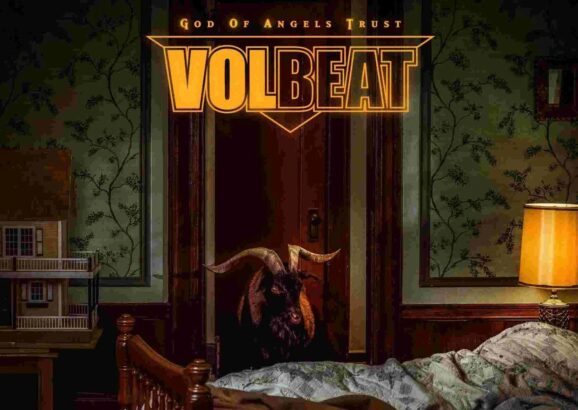[rating=3.00]
 The Roaring 20s: Mick Jagger’s Glory Years is a British documentary about the life and times of Mick Jagger, primarily focusing on the years 1963 – 1973 (a time covering his 20th to 30th birthdays), with an introduction highlighting his childhood and adolescence.
The Roaring 20s: Mick Jagger’s Glory Years is a British documentary about the life and times of Mick Jagger, primarily focusing on the years 1963 – 1973 (a time covering his 20th to 30th birthdays), with an introduction highlighting his childhood and adolescence.
The bulk of the documentary consists of a variety of commentators, including academics, journalists and historians as well as long-ago Jagger intimates such as original Rolling Stones guitarist Dick Taylor and former Rolling Stones personal assistant Chris O’Dell, reflecting on how Jagger’s life and times have influenced society and popular culture. Jagger himself does not directly participate (nor do any major figures from his life post-1973), but snippets of old interviews and concert footage, as well as numerous still photos, put him on screen.
The Roaring 20s takes the viewer on a one hour and 46 minute journey tracing how a smart, athletic middle-class English lad named “Mike”Jagger turned a teenage obsession with the blues into one of the most successful and long-lasting careers in rock n roll history. All the standard touchstones are here: the identification with black American blues and R&B performers, the chance teenage meeting with grade school acquaintance and fellow blues fanatic Keith Richards that would forever change music history, and the early years of the Stones playing R&B covers in small English clubs that quickly led to playing their own music in arenas the world over.
The film then spends a fair amount of time covering how Jagger gradually expanded his loutish, bad boy image of the early and mid-1960s into the dark, almost satanic persona he adopted later in the decade with songs such as the classic “Sympathy for the Devil.” But when staged darkness took on real life dimensions with the murder of concertgoer Meredith Hunter by Hells Angels at the disastrous Altamont concert in December 1969, Jagger took a step back from the void and transformed himself into the campy, ironic character he has portrayed from the early 70s onward.
The Roaring 20s does a decent job of exploring Jagger’s life and explaining how he and his image changed over the years, having significant impact on popular culture in the process. It also sheds light on the competing sides of his nature: part dirty rock n roller, part socialite who seeks the company of nobility, artists and intellectuals. But it doesn’t really give the viewer anything that hasn’t been covered, in many cases better, by countless other films, books and articles.
While someone not familiar with the history of Mick Jagger or the Rolling Stones would probably find The Roaring 20s enlightening, for established fans there is not a whole lot to learn by watching it. Stones newbies should go ahead and give “The Roaring 20s” a view, otherwise you’re probably better off re-watching Gimme Shelter or 25×5.










